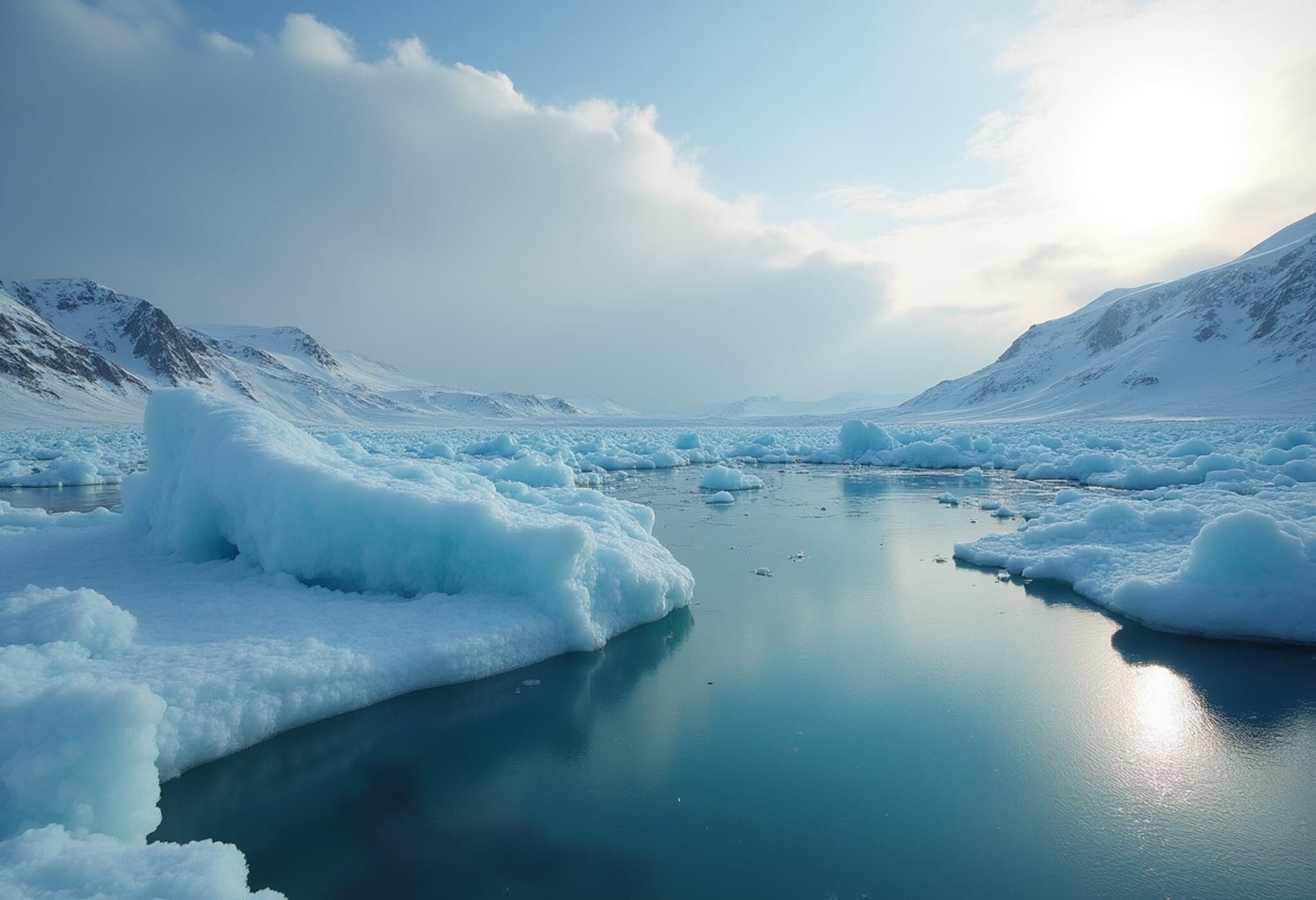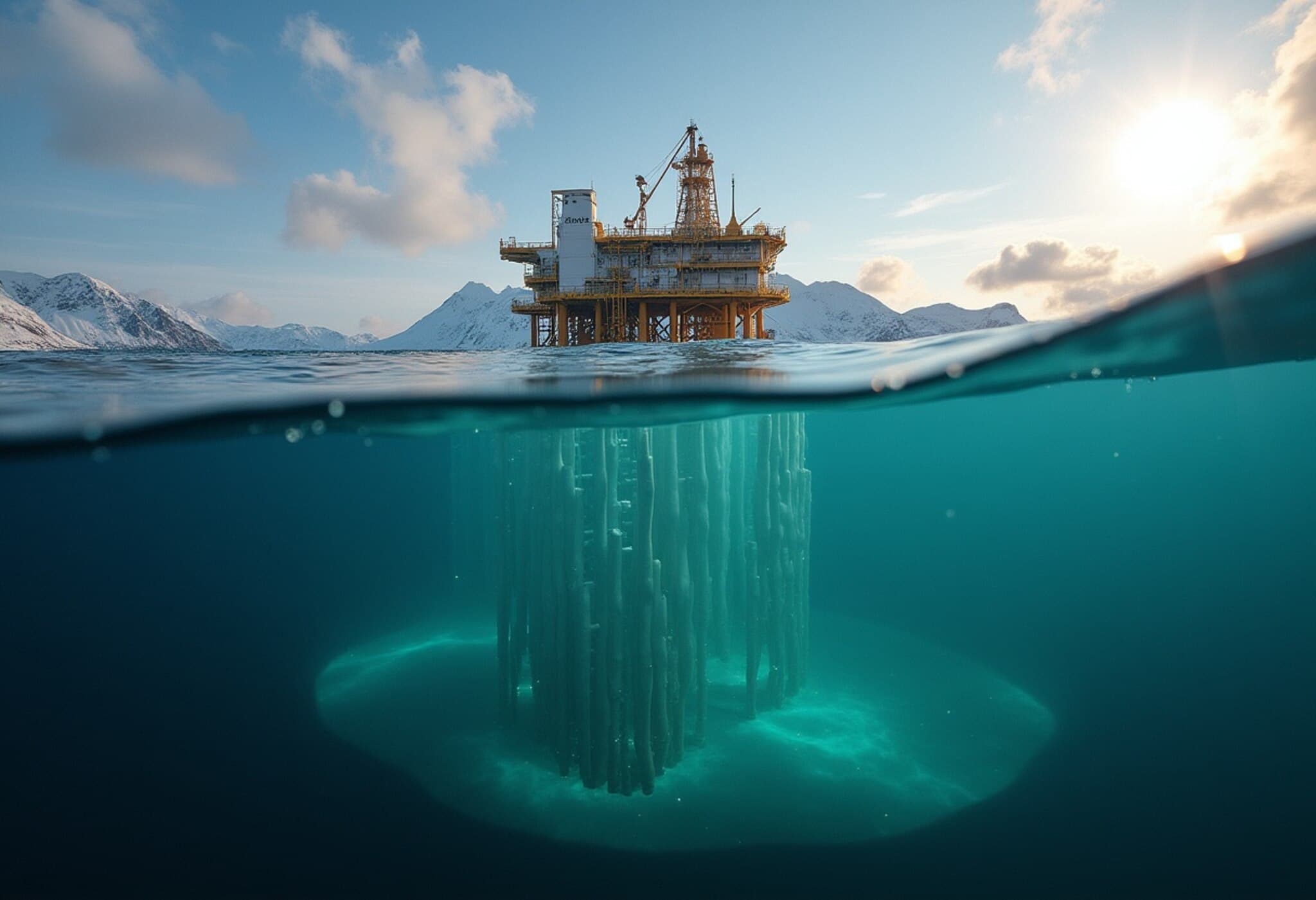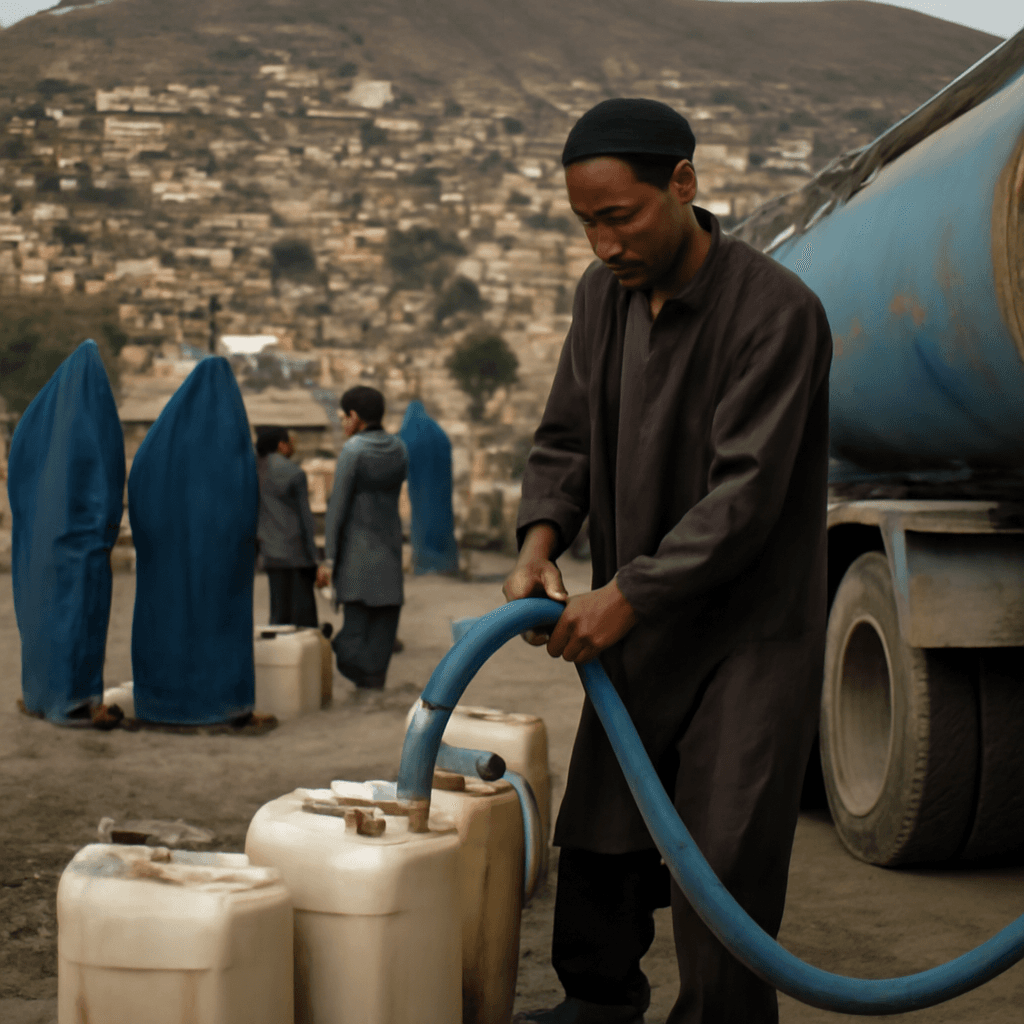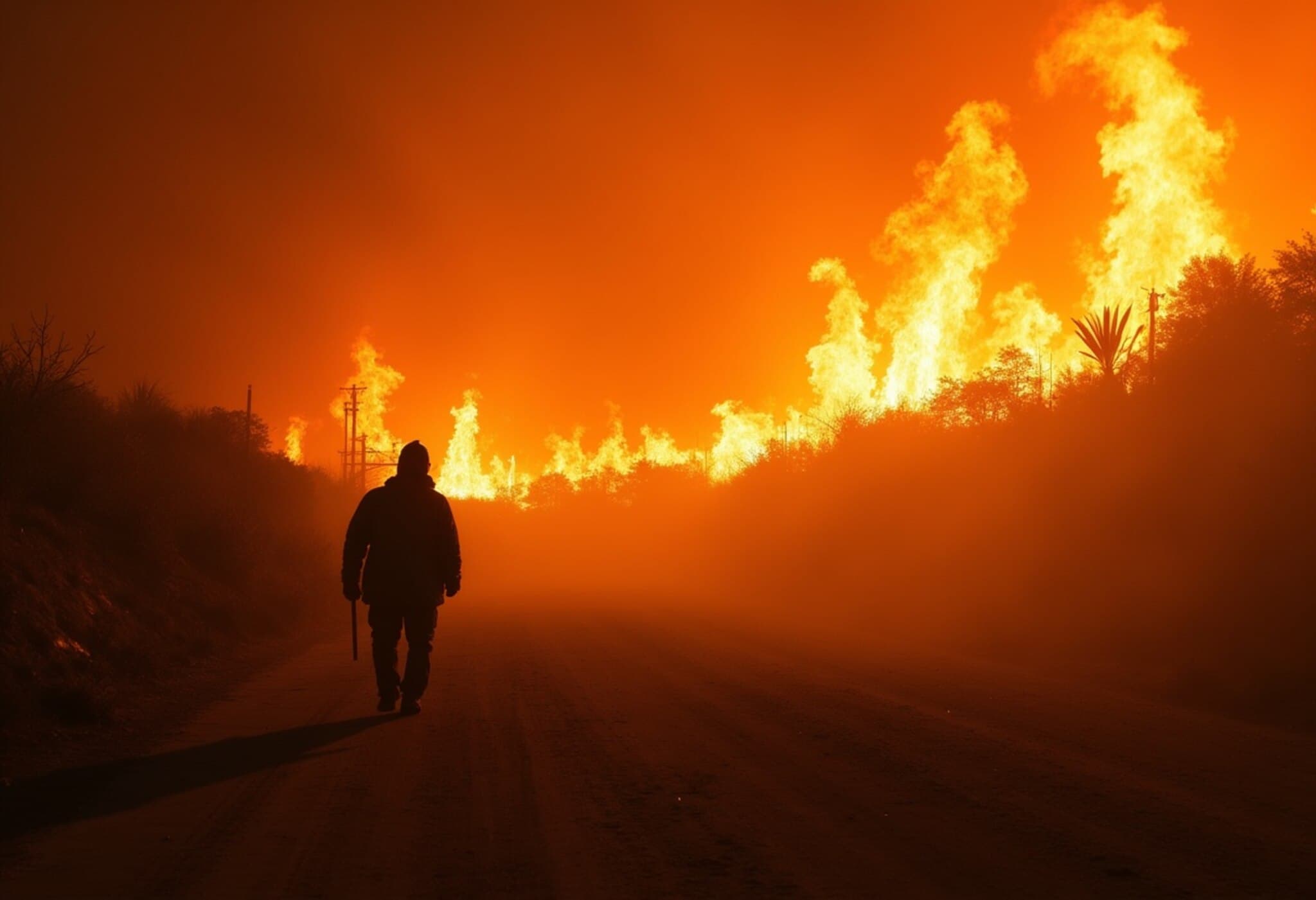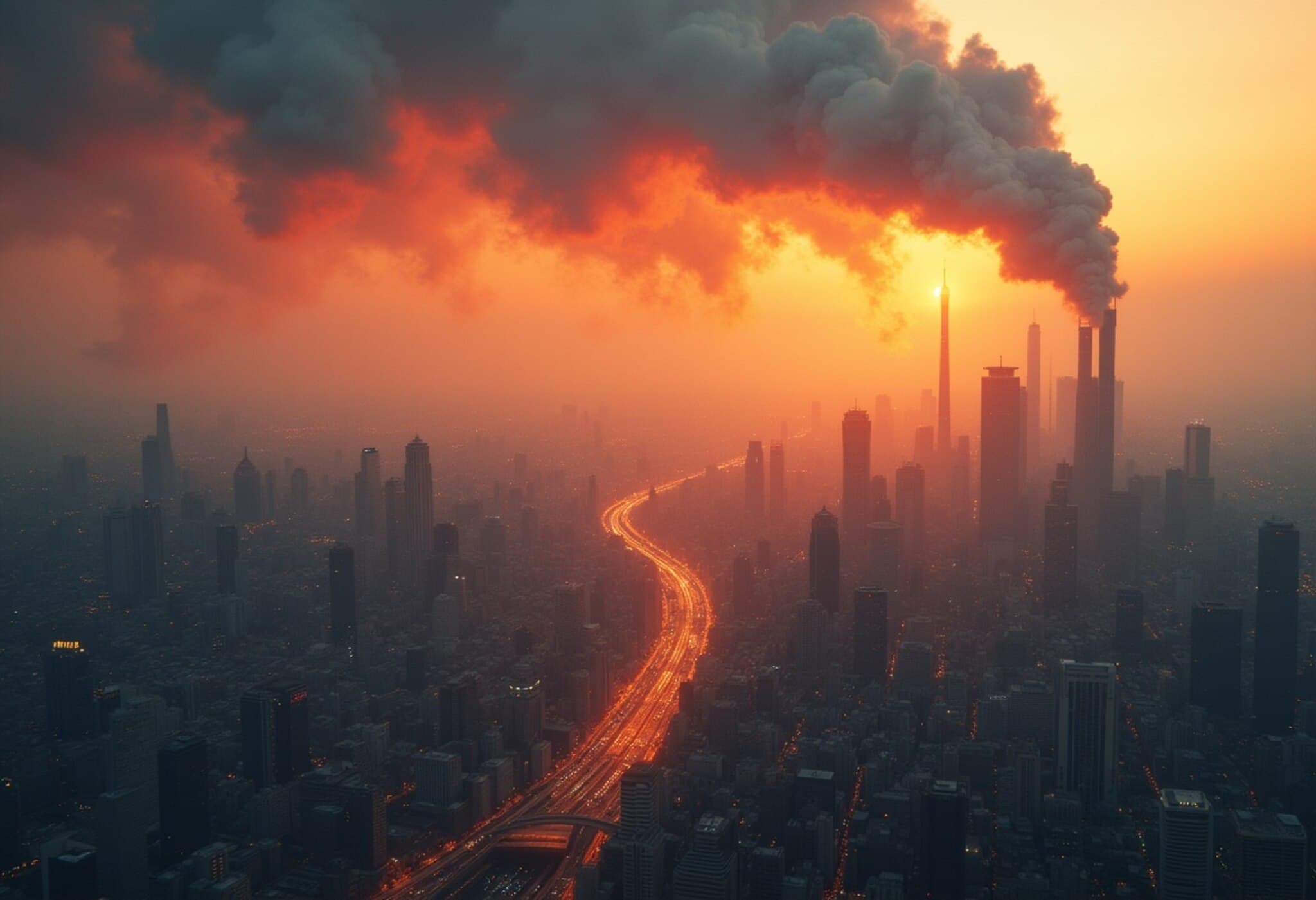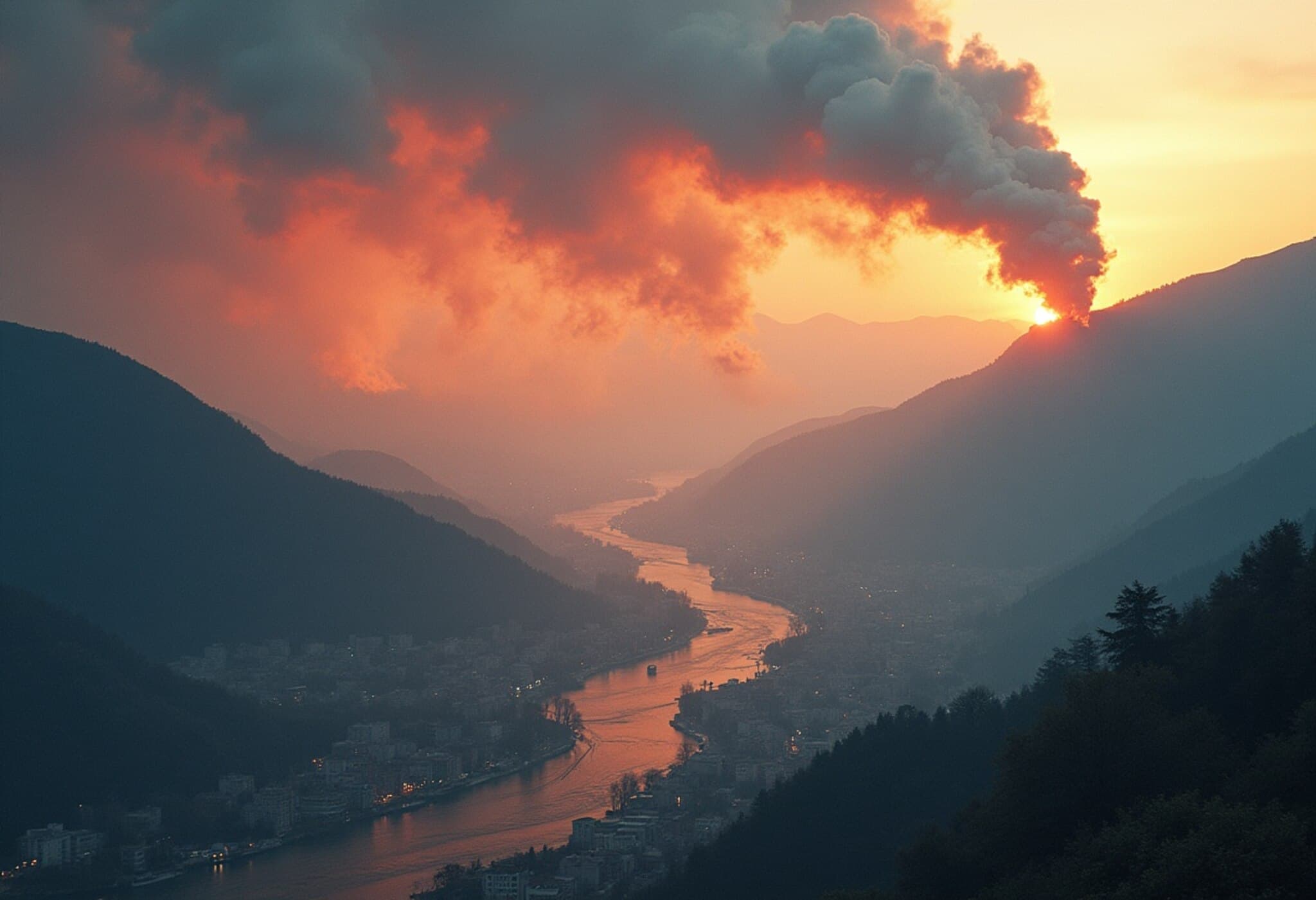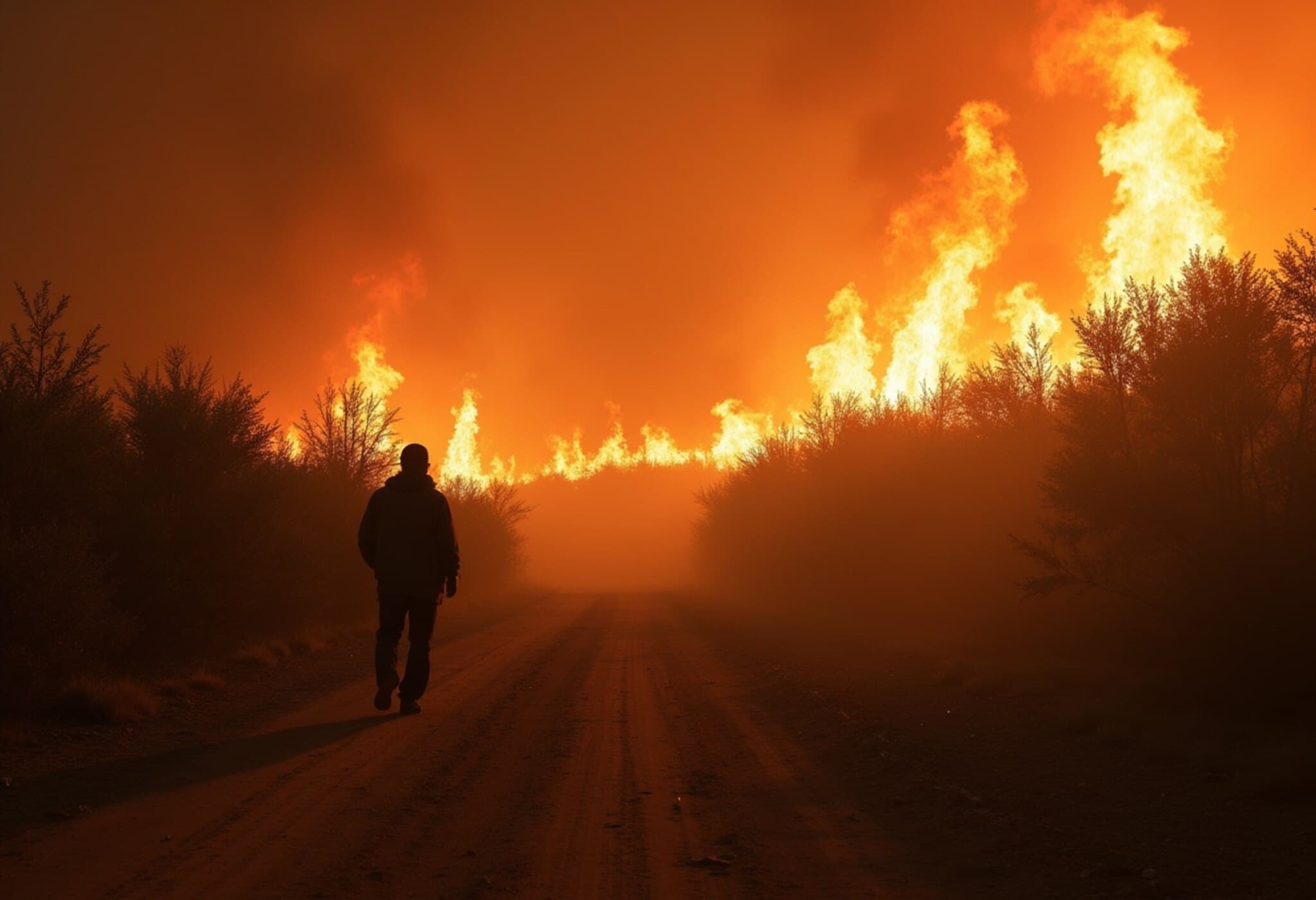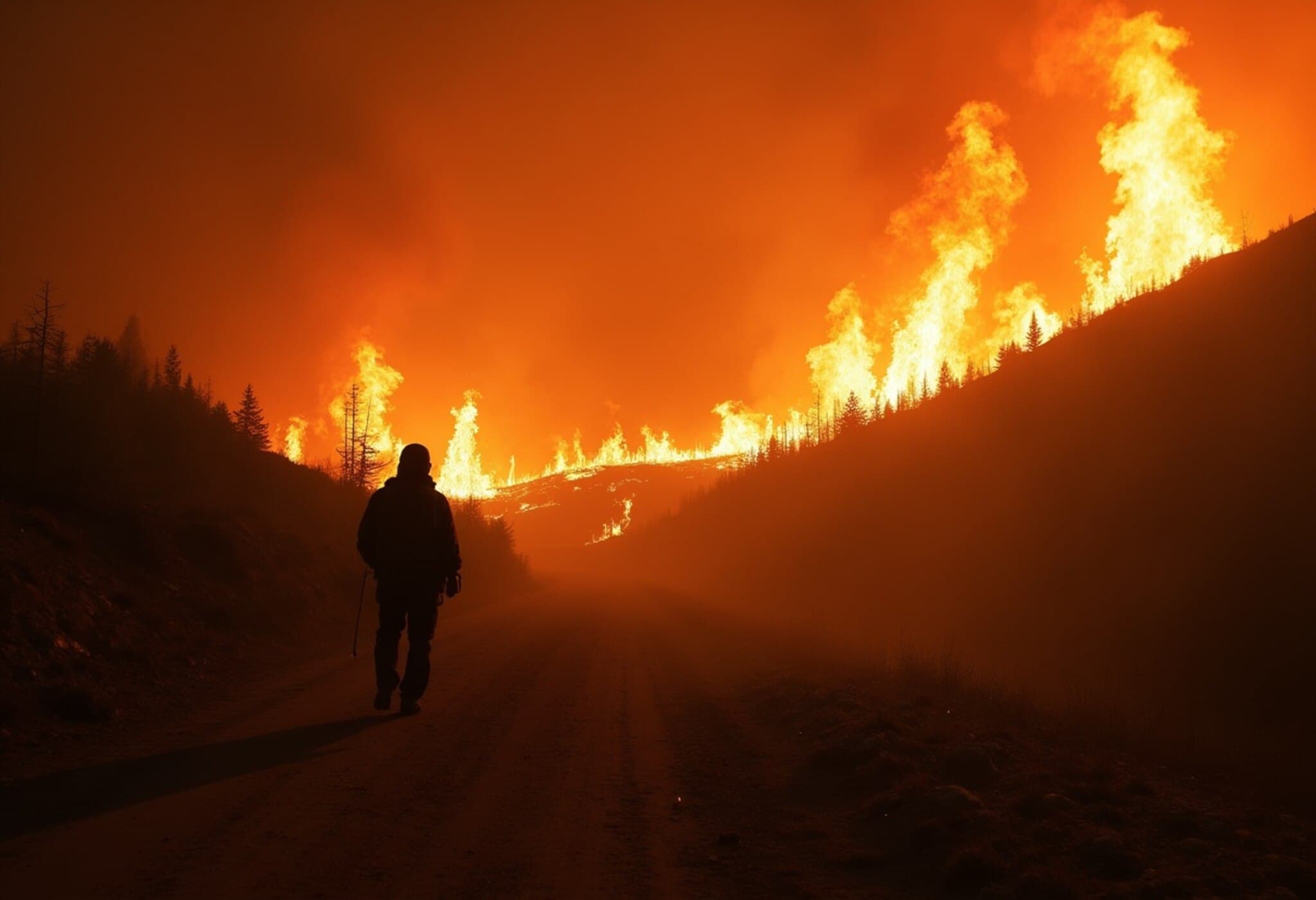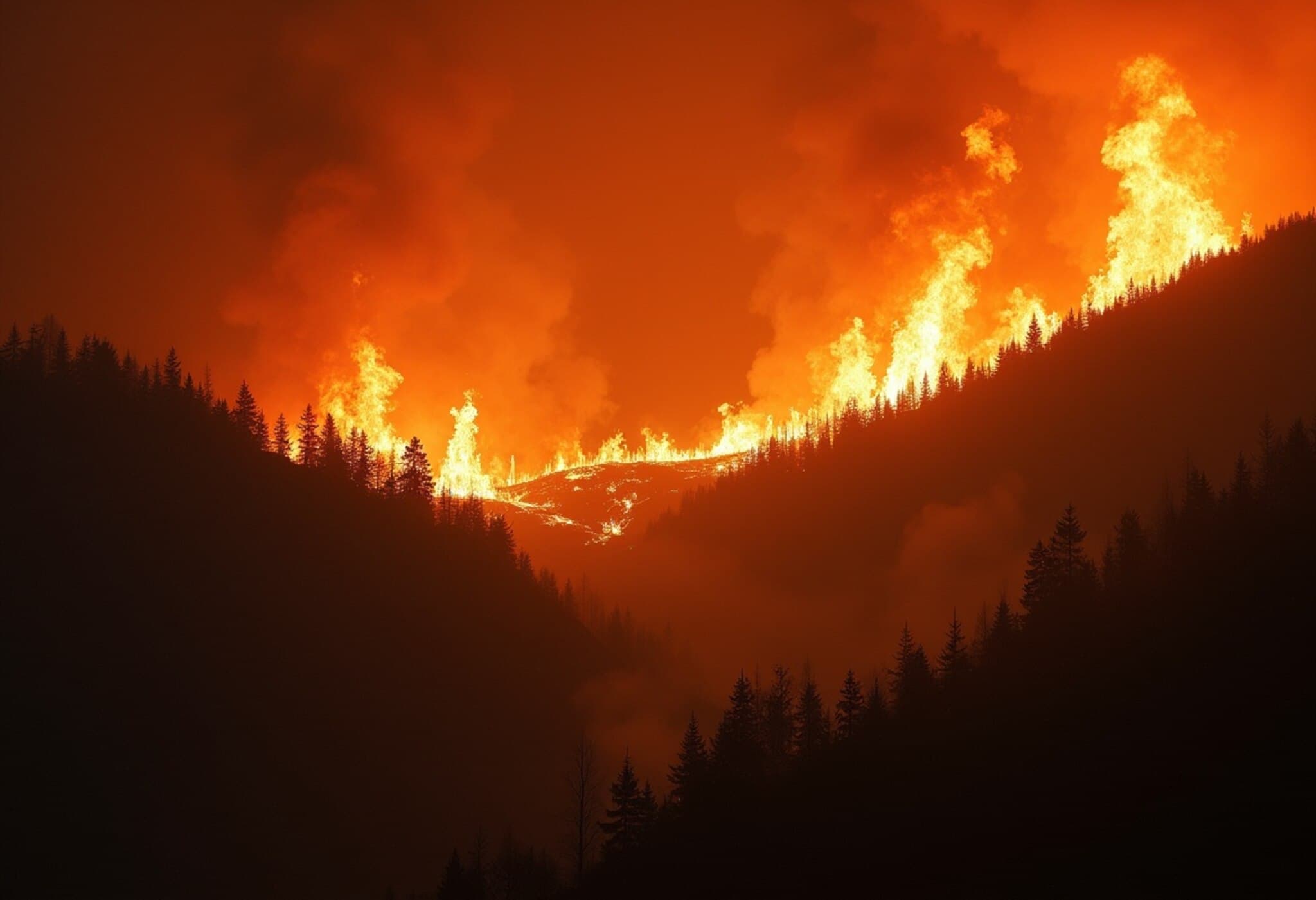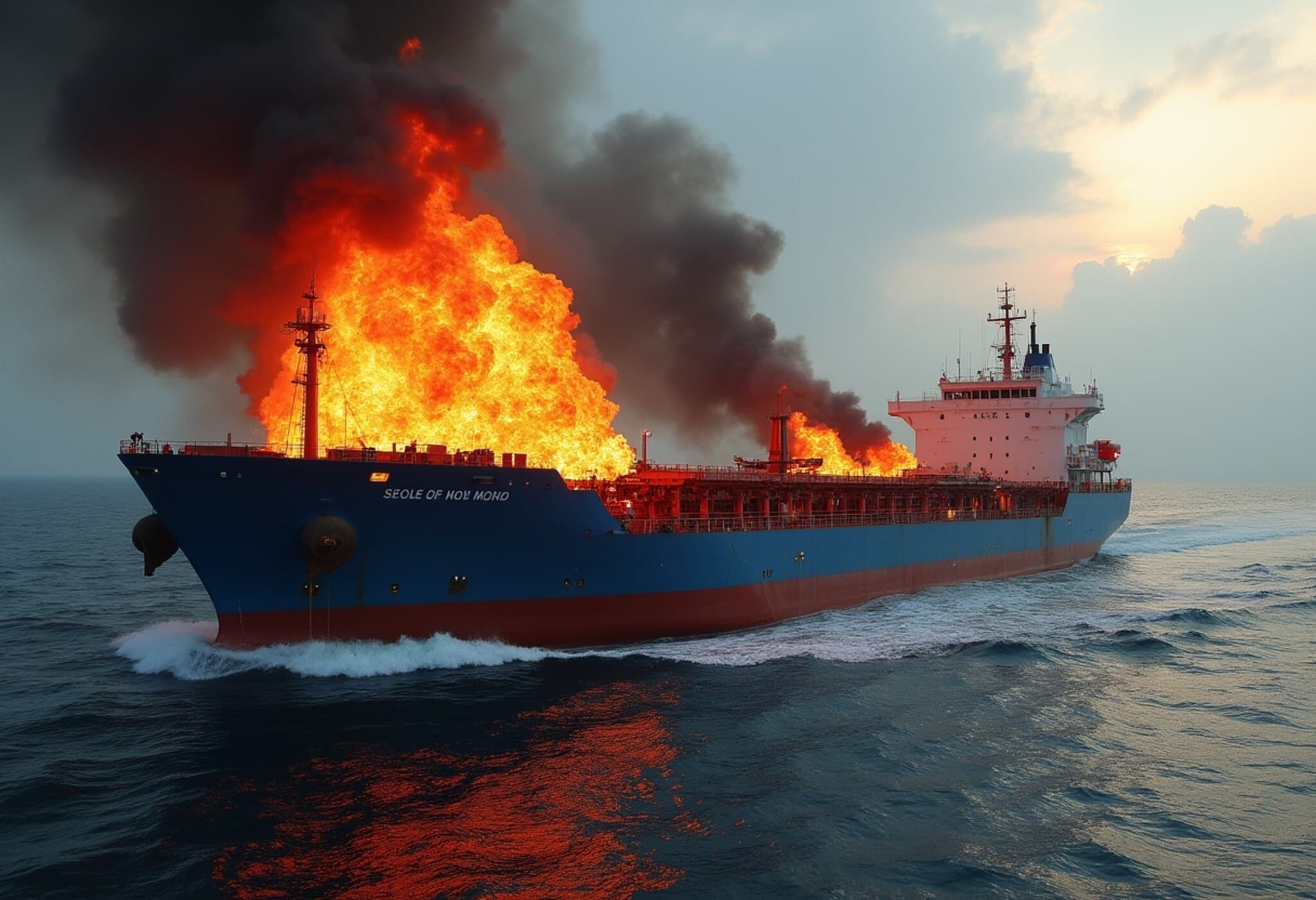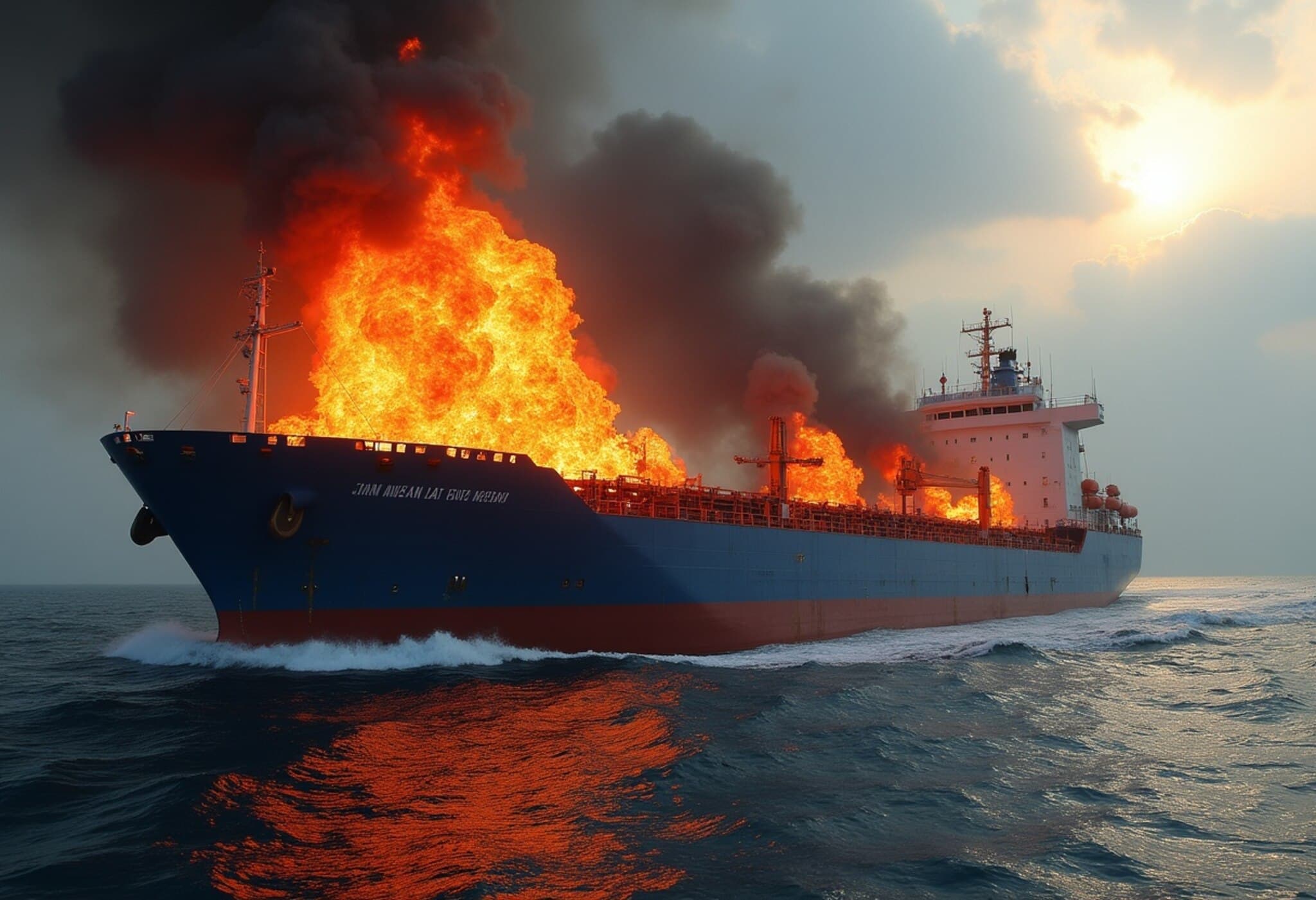Arctic Heatwave Triggers Record Ice Melt in Greenland
In a startling development this May, Greenland’s ice sheet experienced melting at a pace 17 times faster than the long-term average. This dramatic surge occurred during an intense heatwave that also swept across Iceland, underscoring the rapid warming gripping the Arctic.
Arctic Warming Outpacing Global Trends
Since 1979, the Arctic has heated up at a pace four times faster than the global average, according to previous scientific assessments. This accelerated warming not only threatens polar ice but has profound implications worldwide, including rising sea levels.
Heatwave Records Shattered in Iceland
The unprecedented heatwave pushed temperatures in Iceland above 26 °C (79 °F) on May 15, a record high for that month on the subarctic island. Nearly 94% of Iceland’s weather stations reported new temperature highs in May, exceeding the 1991–2020 average daily maximum by over 13 degrees Celsius.
Impact on Greenland’s Ice Sheet and Sea Levels
The heat in eastern Greenland during the peak of the heatwave was approximately 3.9 °C warmer than preindustrial conditions. As a result, the ice sheet’s accelerated melting contributed more to sea level rise than it otherwise would have, posing a serious concern for coastal regions globally.
Consequences for Indigenous Communities and Infrastructure
For indigenous populations reliant on Arctic ice for hunting and traditional ways of life, the warmer temperatures and ice loss represent a direct threat to their survival and cultural heritage. Additionally, infrastructure in Greenland and Iceland, designed for cold and stable conditions, faces increased risks from flooding and damage caused by meltwater.
Looking Ahead: Frequency of Such Events
According to climate experts, the extreme temperature spikes recorded this May may become a once-in-100-year event under current climate conditions. Yet, with ongoing warming, such heatwaves and ice melt surges could become more frequent, intensifying the challenges for Arctic ecosystems and human communities alike.
Expert Insights
Friederike Otto, an associate professor in climate science, emphasized the undeniable role of human-induced climate change, stating, "Without climate change, this would have been impossible." She further highlighted that while a 20 degrees Celsius heatwave might seem moderate elsewhere, its impact in the Arctic is profound and far-reaching.

